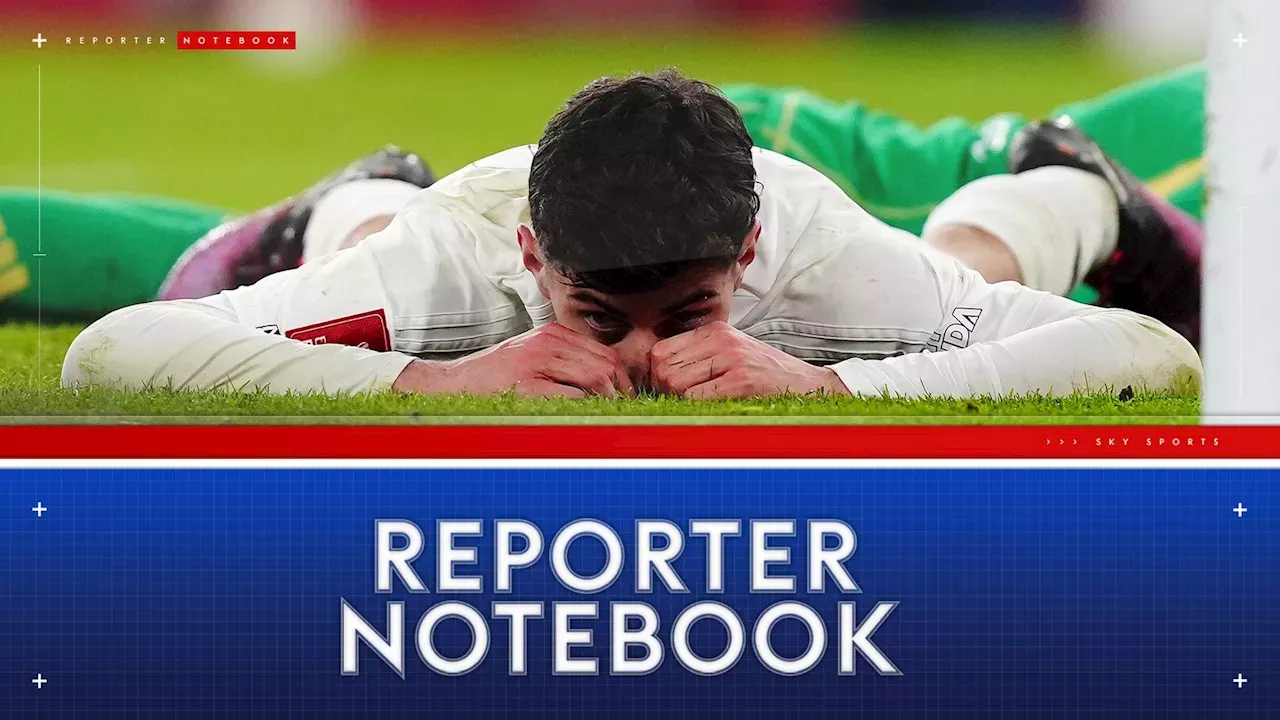Arsenal are awaiting medical assessments to determine the severity of Gabriel Jesus' injury sustained during their FA Cup third-round match against Manchester United. However, the Gunners are not expected to make any hasty decisions regarding potential transfers in the current window. January was always anticipated to be a more reactive period for Arsenal, with manager Mikel Arteta emphasizing that the club would initially prioritize internal solutions.
Arsenal boasts a squad with versatile players capable of filling various roles across the attacking line, including Raheem Sterling's return to fitness and Ethan Nwaneri's imminent comeback.While Arsenal will undoubtedly have their desired targets in mind, both short-term and long-term acquisitions are being considered. The club's approach to pursuing these targets will hinge on the availability of the players. A long-term target would be seen as an immediate upgrade for the first-team squad, while a short-term deal would likely aim to bolster competition within the team.Despite being in a strong financial position regarding the Premier League's Profit and Sustainability regulations, there are several factors that might influence Arsenal's decision to make significant investments in the transfer market during this window. Firstly, Arsenal must adhere not only to Premier League rules but also to stricter UEFA regulations. From next season, these regulations will limit the club's spending on wages, transfer fees, and compensation to 70% of their overall income. Secondly, Arsenal's recruitment model, like other major clubs, prioritizes the summer transfer window. Their planning process extends up to three years in advance, ensuring targets and budgets are identified well before each transfer period. Although Edu departed as sporting director in November, interim sporting director Jason Ayto continues to lead the recruitment team. The search for a permanent sporting director is ongoing, with Ayto potentially filling the role on a long-term basis. Finally, key players like Thomas Partey and Jorginho are approaching the end of their contracts in the summer, necessitating replacements in the upcoming transfer window. Budgetary constraints will need to factor in the costs associated with either renewing these players' contracts or securing replacements.
